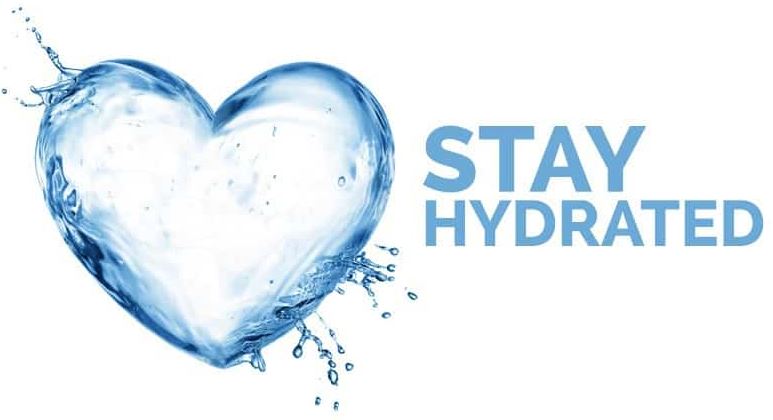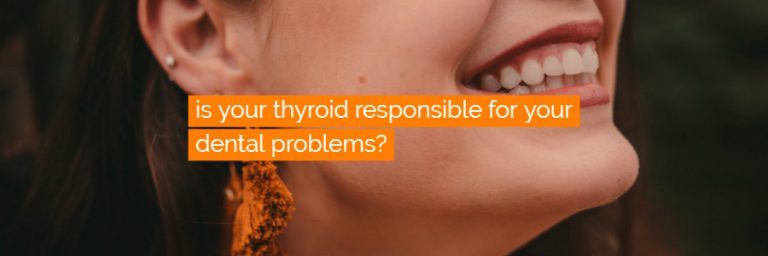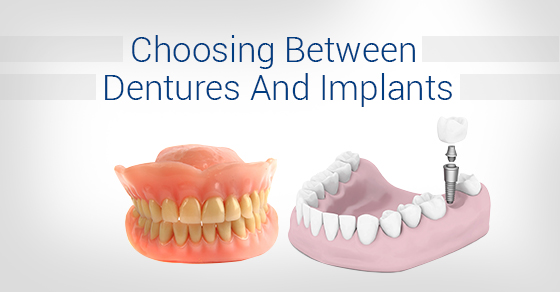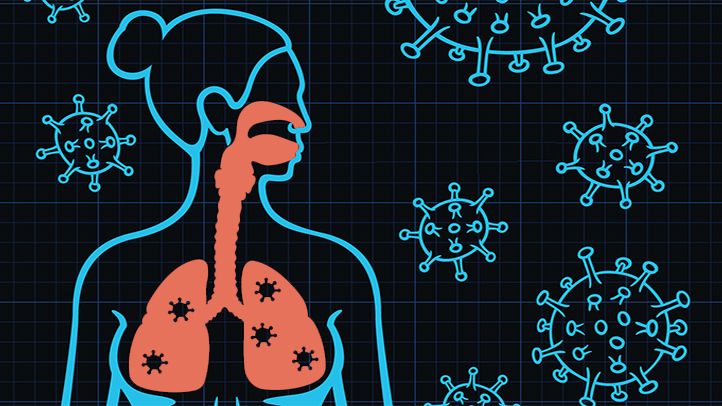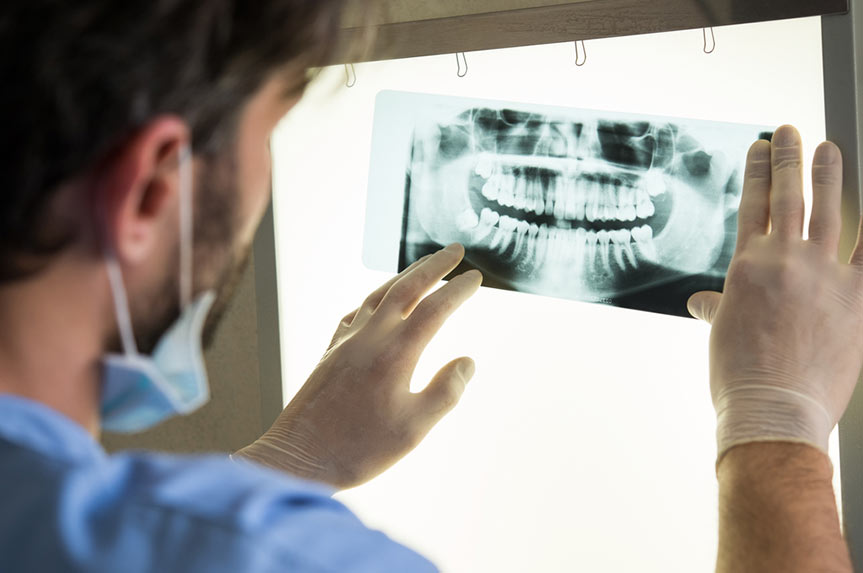
Your Smile is Beautiful and It Is Meant to Last a Lifetime
Your smile was meant to last a lifetime. That’s why it’s so important to take care of your teeth, so they can function well and last as long as they’re supposed to. Ultimately, the best thing you can do for your teeth’s durability is seeing your dentist for regular dental exams and cleanings; however, we’re also going to talk about mouth-healthy foods for healthy teeth too!
According to the Oral Health Foundation,
“Dental appointments shouldn’t just be made when you have a problem that needs to be addressed. Prevention is always better than needing a cure and there are plenty more reasons why it’s important to maintain regular visits to your local dental practice.”
Some of these reasons include:
- Checking for oral cancer and other health issues
- Prevention of plaque, tartar, and decay
- Helps keep gum disease away
- Getting advice on your specific needs/oral health goals
Preventative dentistry focuses on dental care practices, good oral health, and early detection – which is what’s happening during your routine dental exams. So, your dentist and hygienist may talk with you about what steps to take to avoid gum disease, cavities, and tooth decay, and bring you up to speed on best oral health practices to incorporate into your daily routine, and so on.
What are the Best Mouth-Healthy Foods for Healthy Teeth?
We KNOW Sugar is Bad for Our Teeth!
But, let’s review. The reason sugar is bad for our teeth is due to the bacteria in the mouth, which converts sugars and carbohydrates into acids. It’s these acids that begin to attack the enamel on teeth, starting the decay process. But are there foods that can actually contribute to your oral health? The answer is yes! So, let’s find out the best mouth-healthy foods for healthy teeth & gums!
Your oral health and total health are connected – the mouth is part of the systemic whole. Here are our top 10 recommended ‘superfoods’ that will not only benefit your mouth but are also good for the rest of you!
Mouth-Healthy Foods & Drinks
Celery: Chewing celery (or apples or carrots) produces saliva, neutralizing the bacteria Streptococcus mutans that causes cavities. It’s also a naturally abrasive food that massages gums and cleans between teeth.
Cheese: High in phosphate and calcium, cheese (and milk) helps neutralize the acid in the mouth, killing bacteria and preserving tooth enamel. This prevents cavities and gum disease.
Cacao Nibs or Dark Chocolate: Chocolate is certainly a comfort food, but without added sugar content, it can help prevent cavities by keeping certain oral bacteria in check and stopping plaque from forming on teeth. Stick to cacao nibs or dark chocolate with very little to no sugar, as the extra stuff in your average Snickers bar will totally counteract the benefits of the chocolate.
Fatty Fish: Fatty Fish is high in vitamin D. This nutrient is necessary for nearly every system of the body, but one of its lesser-known benefits is its ability to reduce the risk of tooth decay. Vitamin D works synergistically with vitamins A and K2 to deliver calcium to the teeth, strengthening enamel from the inside out. A deficiency in any of these nutrients can lead to weakened enamel.
Oily fish are also high in omega-3s. Omega-3 fats support gum health and may even help prevent and reduce symptoms of periodontitis (gum disease), which affects nearly half of adults in the United States. If your gums regularly bleed when brushing or flossing, consider upping your omega-3 intake to reduce inflammation and bleeding. Tuna, mackerel, salmon, and trout are some of the fish highest in both vitamin D and omega-3s.
Kiwis: Most fruits contain Vitamin C, which is vital for the health of your gum tissue, but kiwis contain the highest amount. Without Vitamin C, the collagen in your gums breaks down, the gums become tender and more susceptible to the bacteria causing periodontal disease.
Leafy Greens: Darker leafy greens are best for teeth, as they’re also high in minerals your teeth uptake during remineralization to strengthen their structure. Good examples of these include kale, spinach, turnip greens, Swiss chard, and arugula.
Onions: Onions have powerful antibacterial sulfur compounds, making them terrific for oral health. They are strongest when eaten fresh and uncooked.
Oranges and Grapefruit: While acidic foods can have a negative effect on teeth, grapefruit, oranges, and other citrus fruits can actually benefit oral health when eaten in moderation. Both grapefruit and oranges contain high levels of vitamin C, which strengthens the blood vessels and connective tissues within the mouth. It slows the progression of gum inflammation that could otherwise lead to gum disease.
Raisins: Naturally sweet raisins contain phytochemicals like oleanolic acid that inhibit two species of oral bacteria to prevent cavities and gum disease. Unsweetened cranberries contain polyphenols, which may keep plaque from sticking to teeth, thus lowering the risk of cavities.
Sesame Seeds: High in calcium, sesame seeds preserve the bone around the teeth and gums. They also help slough off plaque while helping build tooth enamel.
Sweet Potatoes: Along with carrots, pumpkin and broccoli, sweet potatoes have high amounts of Vitamin A, which is essential for tooth enamel formation and promotes healing of gum tissue.
Shiitake Mushrooms: These mushrooms contain lentinan, a naturally occurring sugar that prevents mouth bacteria from forming plaque.
Tea: Both black and green teas contain compounds called polyphenols, which slow the growth of bacteria associated with cavities and gum disease. They also help with bad breath. Green tea contains catechins that kill the bacteria leading to plaque while preventing gum disease and cavities.
Water: Water is as effective as mouthwash at swishing away stuck particles and residue from teeth. It also keeps your gums hydrated while stimulating saliva – the best defense against bacteria.
What You Should Eat for Good Oral Health
For a diet filled with the best mouth-healthy foods, fill your diet with fresh produce, nuts and seeds, legumes, lean meats and whole grains. These contribute to a more alkaline state in the body, which defends against bacteria and inflammation. For healthy teeth and gums, avoid food with artificial preservatives, artificial sweeteners, food coloring, high fructose corn syrup, refined sugar, refined flour and partially hydrogenated oils. These contribute to a more acidic state in the body, which increases bacteria and creates inflammation.
For healthy teeth and gums (and for healthy living) think before you eat and drink!
Let’s Review what NOT to eat (or eat less)
To prevent cavities and maintain good oral health, your diet — what you eat and how often you eat — are important factors. Changes start the minute you eat certain foods. Bacteria in the mouth convert sugars and carbohydrates from the foods you eat to acids, and it’s the acids that begin to attack the enamel on teeth, starting the decay process. Too many carbohydrates from sugars (like cake, cookies and candies) and savory foods and starches (like pretzels and potato chips) can cause tooth decay. The more often you eat and snack, the more frequently you’re exposing your teeth to the cycle of decay. Time between meals allows saliva to wash away food particles that bacteria would otherwise feast on. Frequent snacking, without brushing immediately afterward, gives bacteria constant fuel. Try to limit snacks as much as possible — no more than one or two a day. Remember to brush your teeth after each snack, if possible.
Poor food choices for oral health include candy — such as lollipops, hard candies, jellybeans, and mints — cookies, cakes, pies, breads, muffins, potato chips, pretzels, french fries, bananas, granola bars, caramel, honey, molasses, syrup, raisins, and other dried fruits. These foods have large amounts of sugar and some can stick to teeth, giving a fuel source for bacteria. Cough drops should be used only when necessary as they, like sugary candy, coat the teeth with sugar. If you plan to give your child any sweets, give them as desserts immediately following the meal. There’s usually an increased amount of saliva in the mouth around mealtime, making it easier to wash food away from teeth. The mealtime beverage also helps to wash away food particles on teeth.
Don’t forget what you’re Drinking!!
It’s not just mouth-healthy foods, but drinks TOO!! The best beverage choices include water and unsweetened tea. Limit your consumption of sugar-containing drinks, including soft drinks, lemonade, and coffee or tea with added sugar. Also, avoid day-long sipping of sugar-containing drinks — day-long sipping exposes your teeth to constant sugar and, in turn, constant decay-causing acids.
Is Chewing Gum OK for Teeth?
Chewing sugarless gum is actually beneficial to your teeth as chewing helps dislodge food that becomes stuck to your teeth and also increases saliva flow to buffer (neutralize) mouth acids. Some gums contain ingredients that can reduce cavities as well as heal areas on the teeth where cavities are beginning.
Preventing Tooth Decay Each Day
With these tips for best mouth-healthy foods for healthy teeth, you’re sure to enhance your oral health.
Preventing the unhealthy aftermath of your sweet tooth is important and the best way to do that is to take proper care of your teeth. Limiting the sugar intake in treats and snacks is obvious, but when we talk to our patients, we find out that sometimes the sugars sneak up on them (and they don’t even realize it)! That’s right, gum and beverages are just as guilty at leaving their marks on your teeth. If you drink soda, it doesn’t make any difference whether it’s sugar-free or not because these drinks will leave acid on your teeth that begin to wear down the enamel too. Remember, opting for healthy choices, like water or milk are always better options for your oral health (just make sure they’re not “flavored water”… see how sneaky??)
Brushing and flossing away the plaque (twice each day) will make it harder for a cavity to develop because you are strengthening your enamel at least twice every day. By adding regular visits to your dentist for thorough dental exams, you’re well on your way to preventing cavities and keeping your mouth healthy.
Making a Difference One Dental Exam at a Time
Now you understand why keeping your gums healthy by eating the best mouth-healthy foods for healthy teeth is such an important task AND you know what to do to help keep you and your smile in the best possible health and avoid Gum Disease. Why almost half of Americans suffer some form of gum disease, why wait??
Regular dental exams and cleaning is wonderful preventative care. Although you may be brushing and flossing really well at home, tartar and plaque is impossible to remove with regular brushing and flossing, and can build-up over time. Dentists are able to use specific tools to remove that plaque and tartar, keeping our mouth cleaner and our chances of other complications much lower.
When almost half of Americans suffer some form of gum disease, why wait?
Now you understand why keeping your gums healthy is such an important task – they keep your teeth in place! AND you know what to do to help keep you and your smile in the best possible health and avoid Gum Disease.
At GPS Dental, we take your oral health seriously and want to help you avoid gum disease by checking your oral health and every scheduled cleaning. We are also happy to answer any gum disease questions you have. Take the time to be extra diligent in your normal oral health routine to reduce your risk for gum disease.
If you have questions or concerns about the health of your mouth, teeth, and gums, please give us a call, Dr. Skrobanek and his experienced team at GPS Dental in San Antonio will be happy to schedule your dental appointment and help you keep your gums, teeth and mouth healthy. Please call our office at 210-633-3477 to schedule your dental appointment.
Dr. Gary P. Skrobanek’s experienced and friendly team at GPS Dental offers affordable dental care for all ages in San Antonio, TX area. Our Brooks City Base dentist office is conveniently located and offers early morning appointment times Monday through Friday to meet your needs. At GPS Dental, we promote dental health awareness to our patients and provide most dental services, from family and general dentistry to dental implants, sleep apnea, TMJ / TMD Treatment, cosmetic dentistry and much more. We accept most dental insurance plans and offer affordable financial solutions for any budget. Call us at 210-633-3477 to make an appointment.







